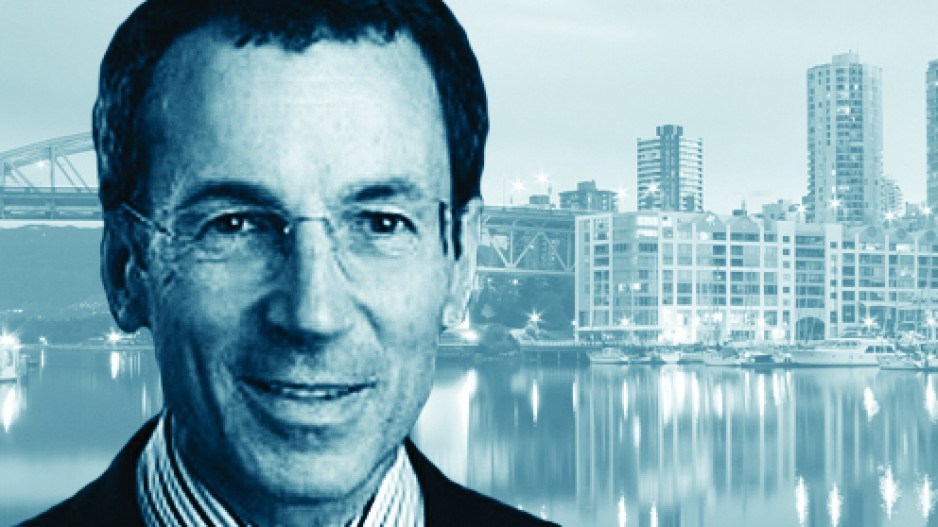When Rory Holland first decided he wanted to invest in local food businesses that would contribute to the local economy but wouldn’t otherwise have access to capital, he thought it would be pretty simple.
“I thought of an investment club, where a bunch of people would pass the hat and then see what they wanted to invest in.”
Not so fast, he quickly discovered. If you want to invest in an almost surefire money-losing lottery ticket, just get online and gamble your heart out. But if you want to invest in your neighbour’s food-growing business, brace yourself for a vortex of regulatory webs and hurdles designed to protect you from scams less devious than the BC Lottery Corp.
Holland is not new to raising and making money. Looking like a lean and intense hipster with his fashionable stubble and jeans-and-shirttails look, he traces his entrepreneurial origins to a software company he started in 1991 in Toronto before moving to Vancouver in 1995.
He was one of the founders of IdeaPark in 1999, which he says was Vancouver’s first “incubator,” which he also sold. That led to Ideas on Tap, where would-be entrepreneurs hopped on a milk crate, grabbed a mic and subjected their elevator pitches to an applause contest.
Then one day on Bowen Island, emptying his compost bin, he woke up to the miracle of kitchen scraps turning into soil: “I pulled out this luscious gorgeous soil with worms.” He was hooked, and followed his wife, Lisa, on a three-month permaculture internship on a farm in Australia. That led him to a Slow Money conference in Boulder, Colorado, where a new breed of financiers was looking for ways to support small farms that didn’t degrade soil. These were investments for a social purpose, but they could still deliver a return, however slow.
“It was like no finance conference I had ever been to,” Holland recalled. “I said to myself: ‘How come I’ve never heard of this?’”
Back home, he soon found himself at the annual Social Venture Institute gathering at Hollyhock on Cortes Island: “I felt like Daddy Warbucks.”
And thus began what he describes as “an incredible ground-breaking year” teaming up with Donovan Woollard (director of Radius Ventures, a business incubator at Simon Fraser University’s Beedie School of Business), Ryan Spong (CEO of Foodee and an owner of Tacofino), Kate Dunford (community investment manager at Vancity) and Vancity’s Heather Gordon to create the Knives and Forks Community Investment Co-op.
It’s a member-owned and -directed financial service co-operative that claims to be unique in Canada, although similar community investment co-operatives in Nova Scotia have raised more than $80 million.
The idea is to stimulate local economies by letting small investors put their money in local enterprises that might not qualify for conventional loans, or that might be unattractive to investors looking strictly at economic returns. This is an RRSP-eligible fund that keeps money in the community – in this case in food businesses – compared with the usual amorphous distant investments in shifting corporations.
Spiked by a $20,000 grant for startup expenses from Vancity, in one month Knives and Forks raised $150,000 from 50 investors. I’m one of them. We each paid $100 to become a member, which allowed us to invest between $2,400 and $4,800 and vote for one of the businesses that pitched at a soiree at Edible Canada on Granville Island. An investment committee followed up on due diligence with the finalists and chose the first investment: a $70,000 loan to Sunday Cider to buy equipment to expand its cider-making business.
For Rory Holland, it’s been “a wild and exciting journey.” He and his team believe they’ve created an investment vehicle that could be a template for a whole new range of small-scale B.C. investors stimulating their local economy and adding social purpose to their RRSPs – one slow dollar at a time.•
Peter Ladner ([email protected]) is a co-founder of Business in Vancouver. He is a former Vancouver city councillor and former fellow at the SFU Centre for Dialogue. He is the author of The Urban Food Revolution.




